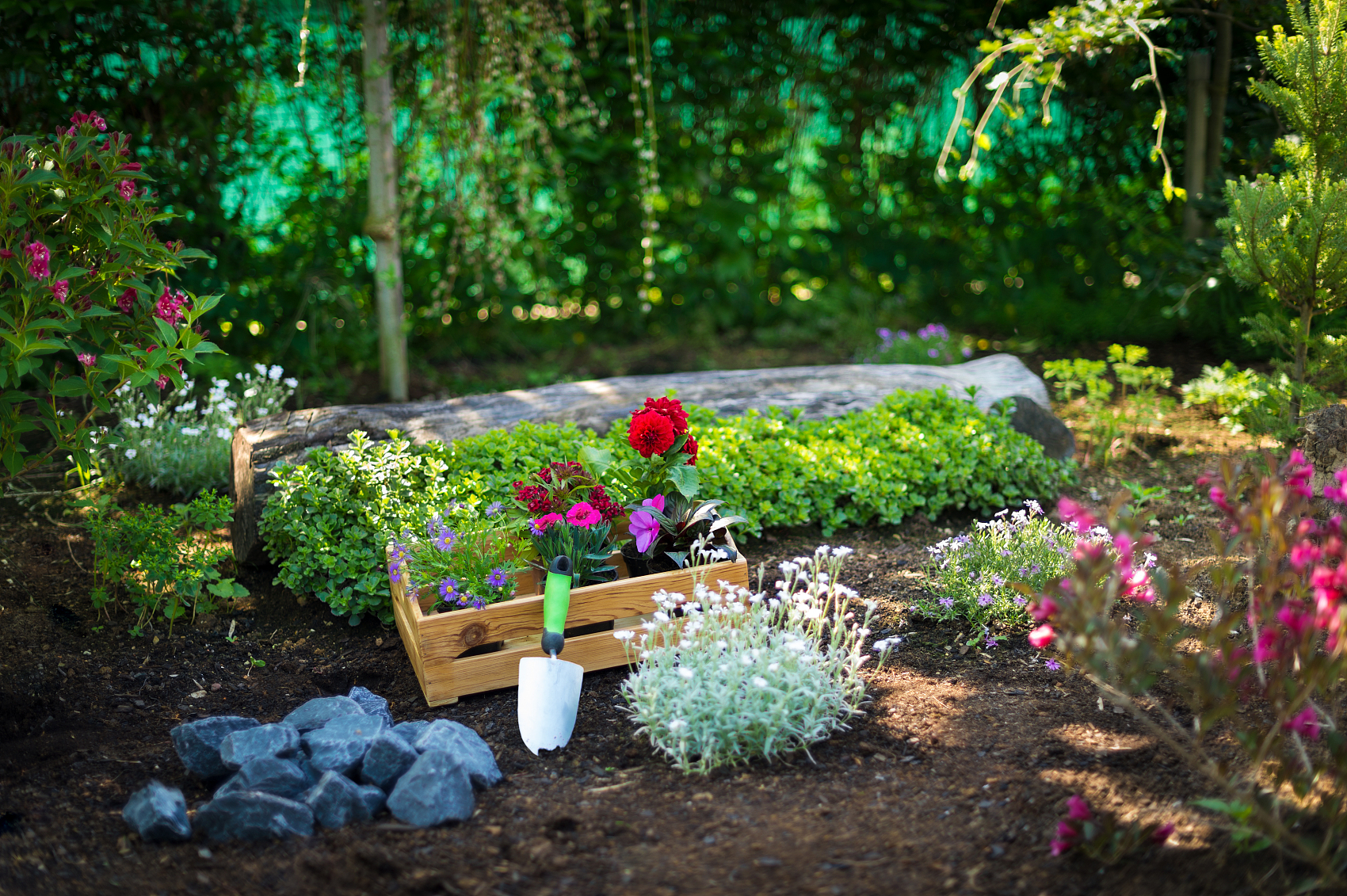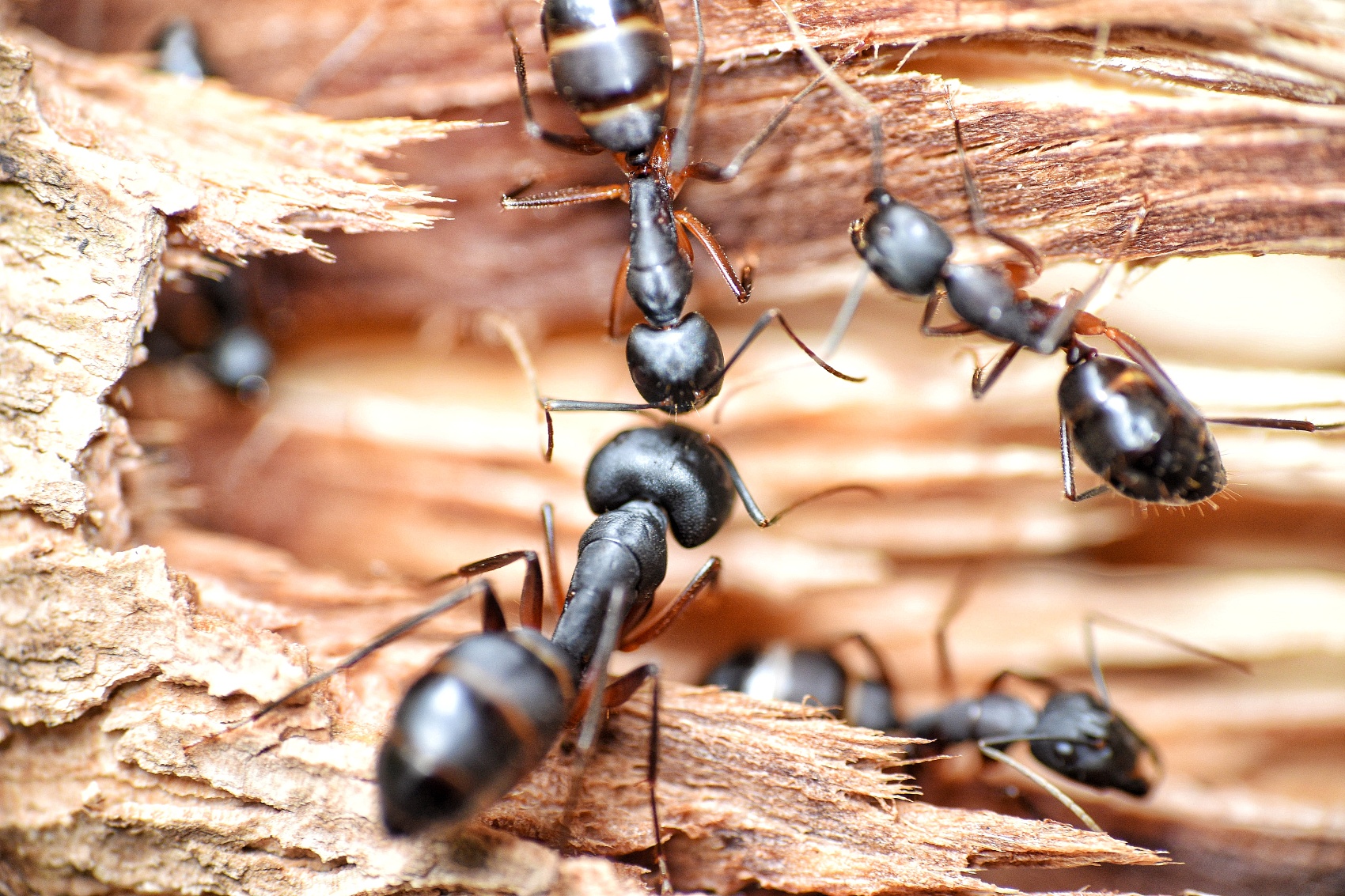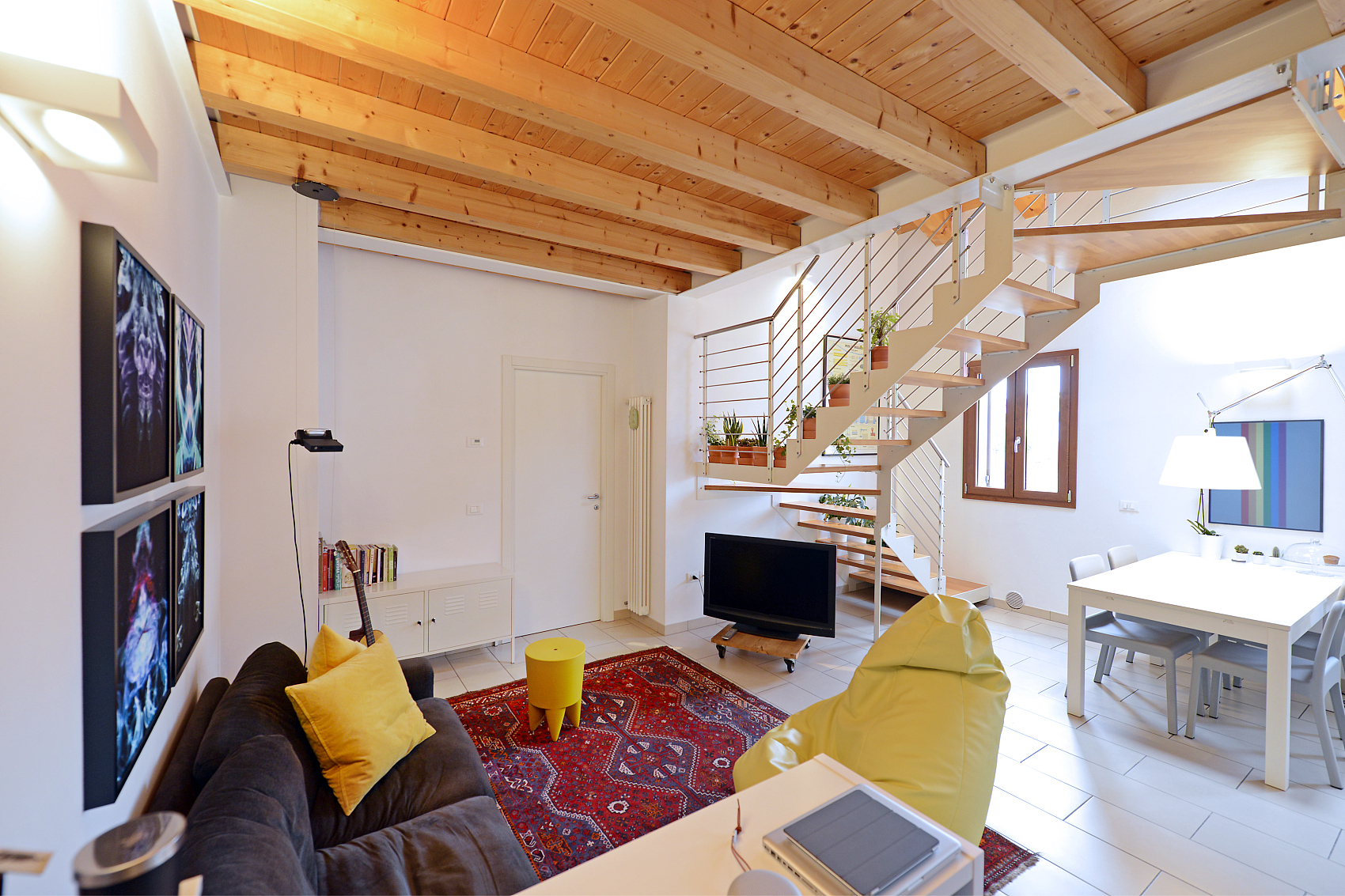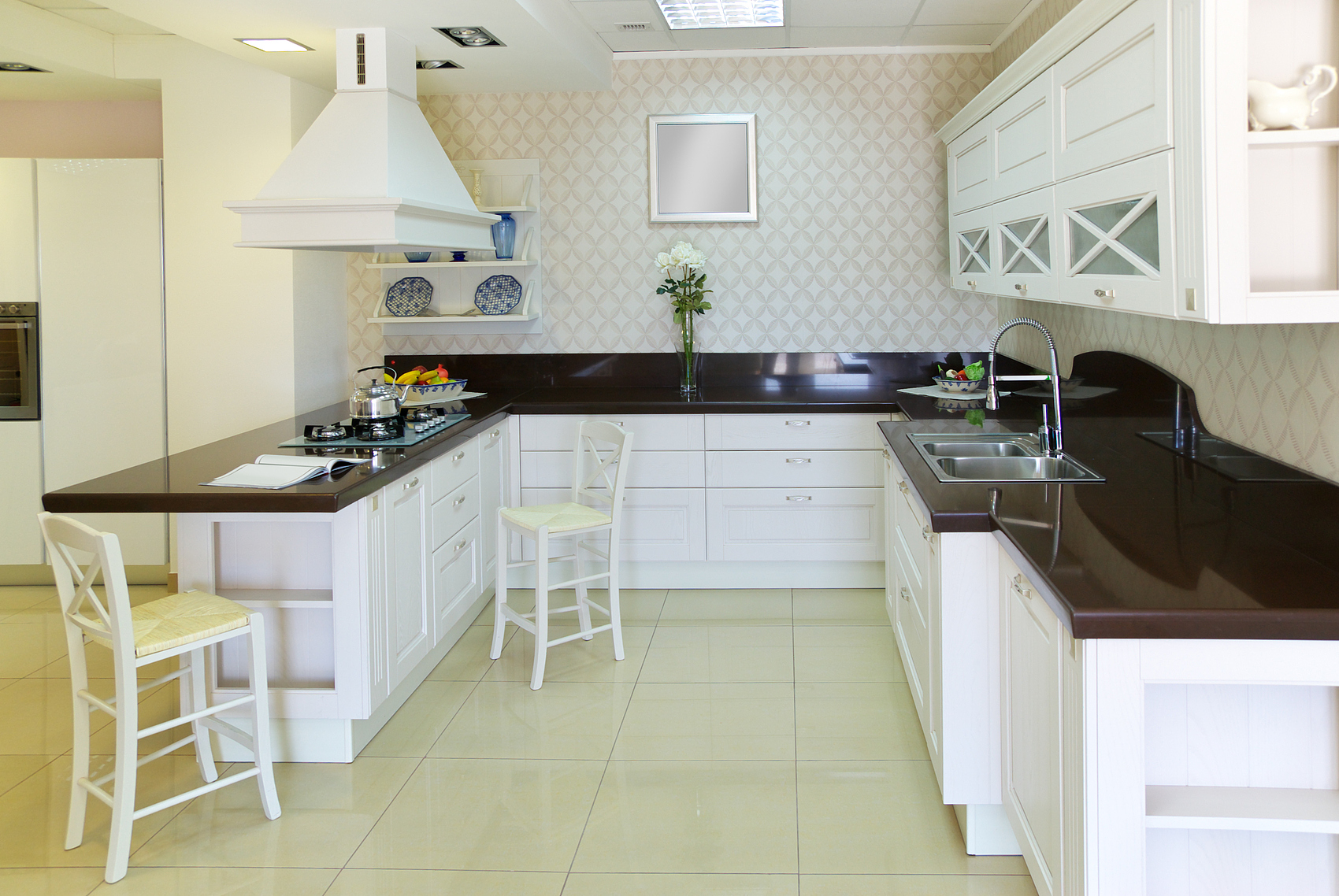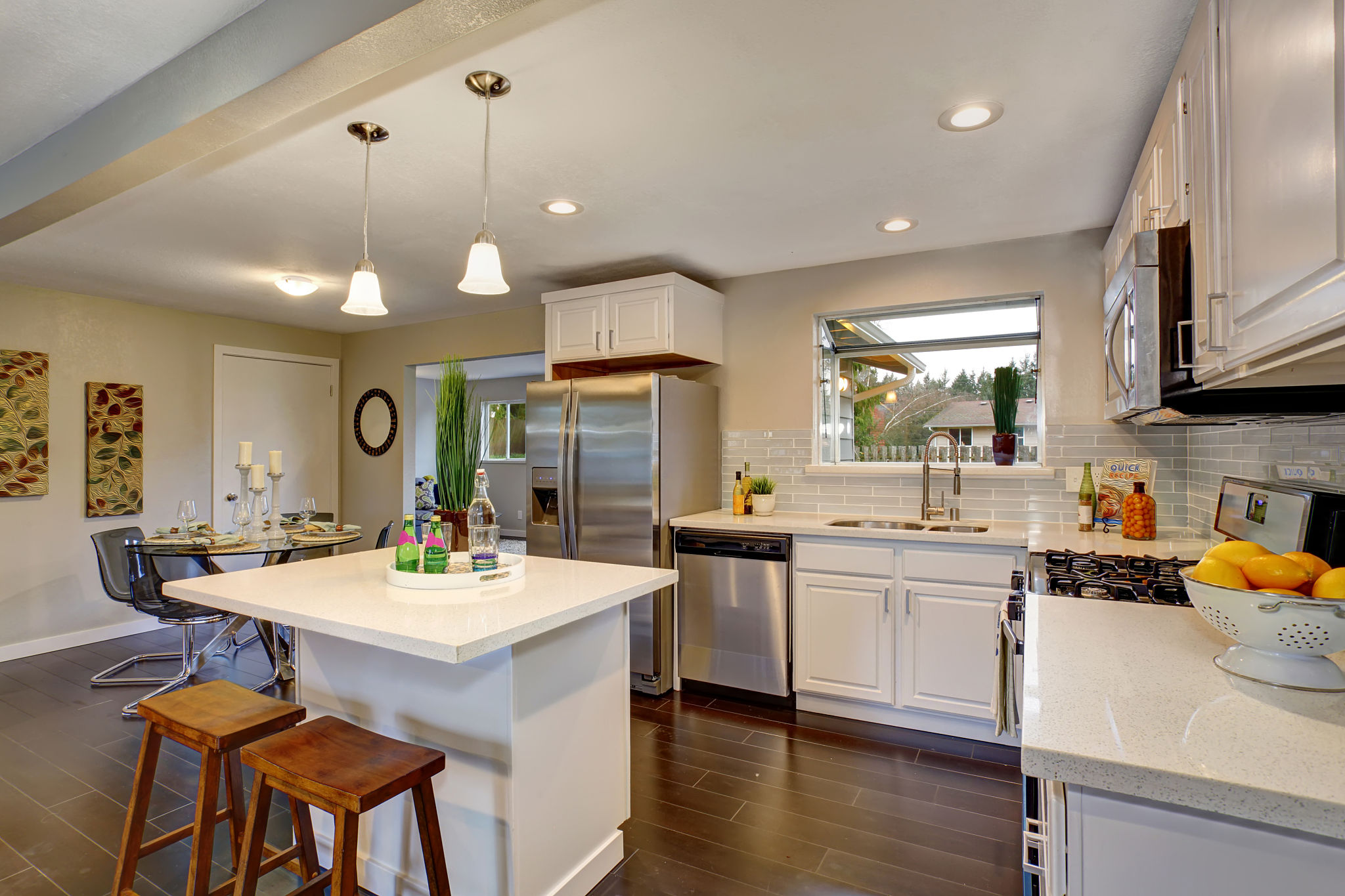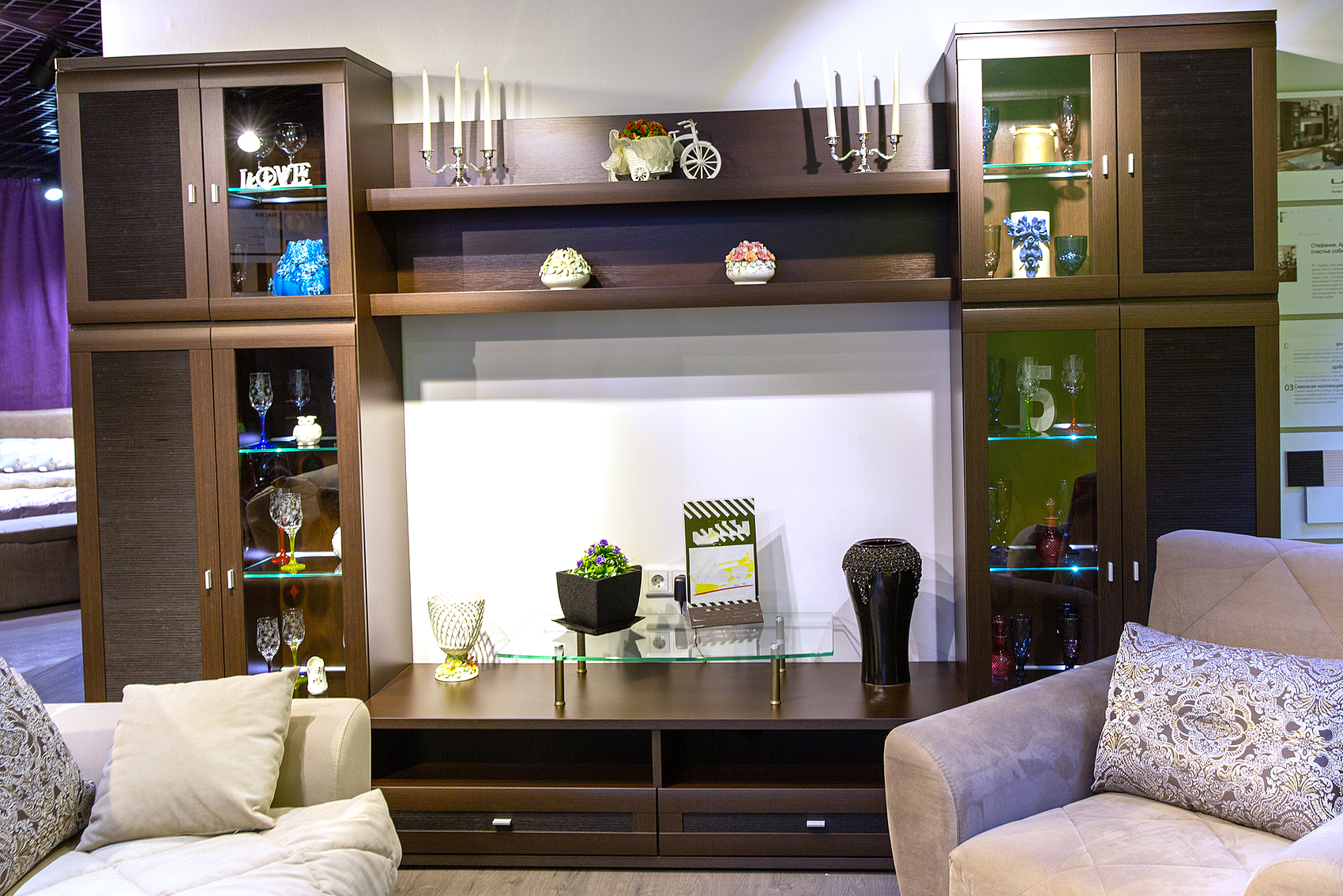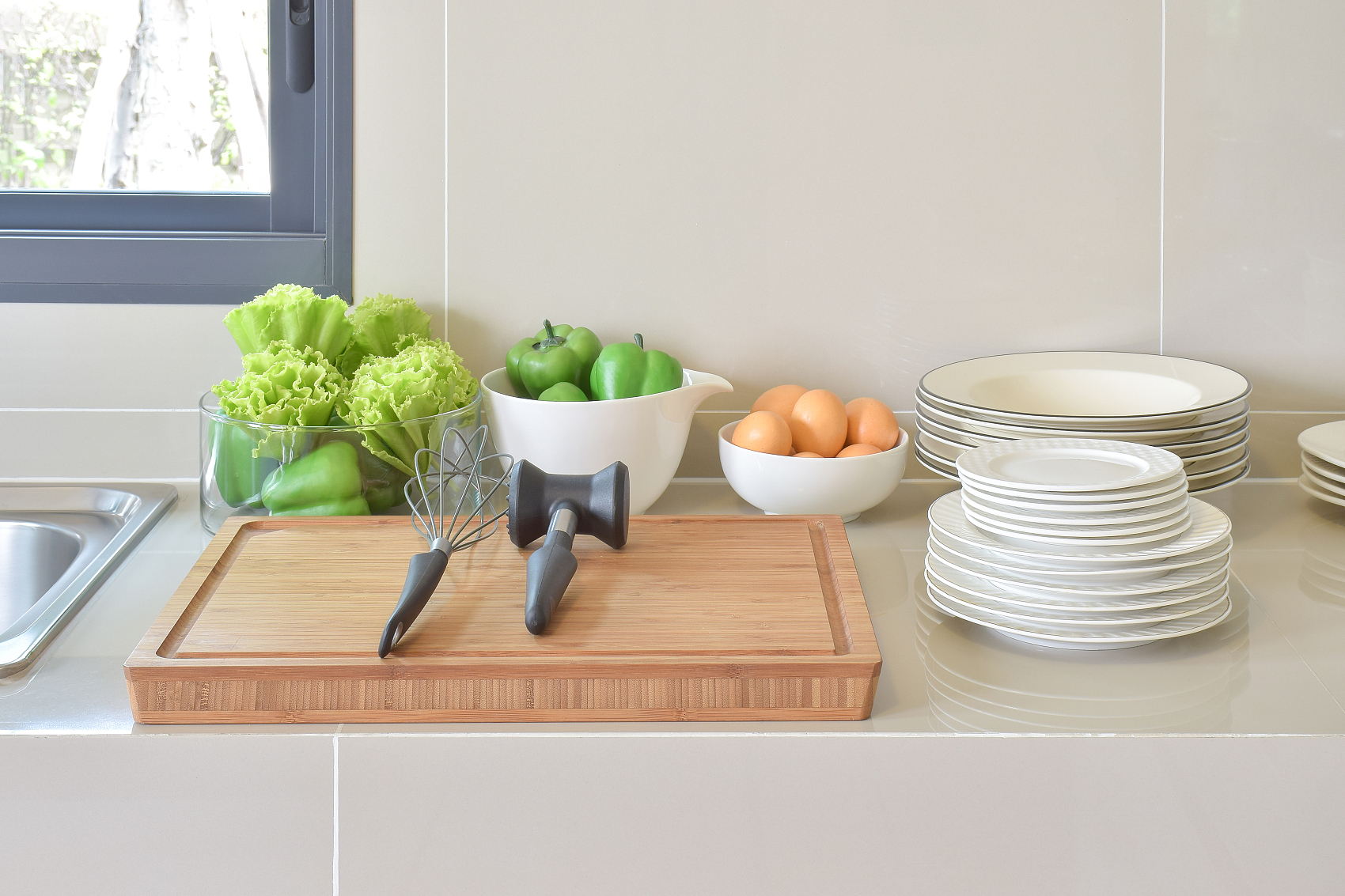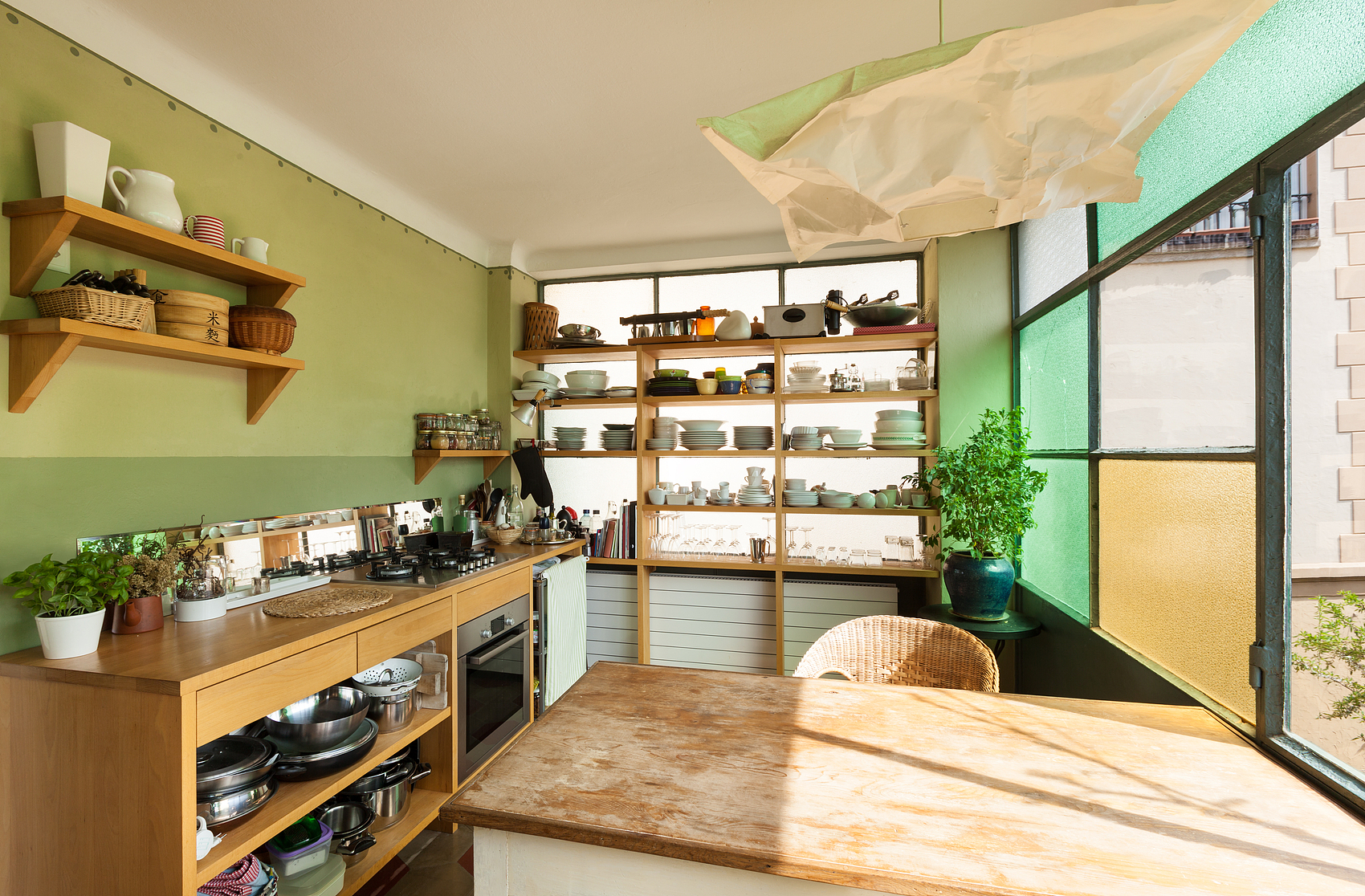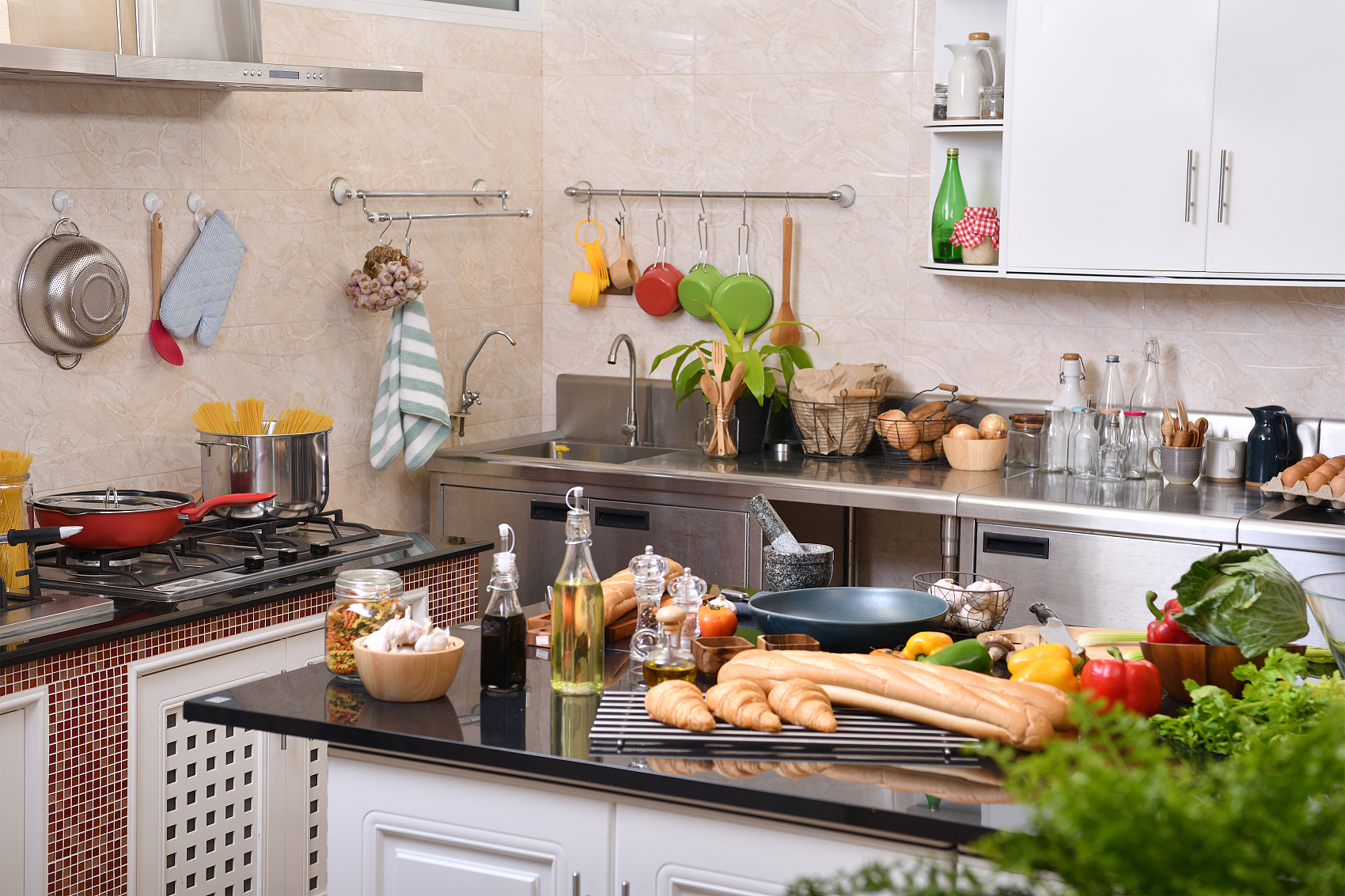Creating a rooftop garden is quite different from gardening at ground level, so it’s often a good idea to get some professional advice before starting.
Benefits of a rooftop garden:
- Helps reduce stormwater runoff
- Lowers air-conditioning and heating costs
- Provides a habitat for birds, butterflies, and bees
- Gives you outdoor space to enjoy
- Beautifies urban areas
- Improves air quality
- Lets you grow your own food
- Can earn LEED credits for sustainability
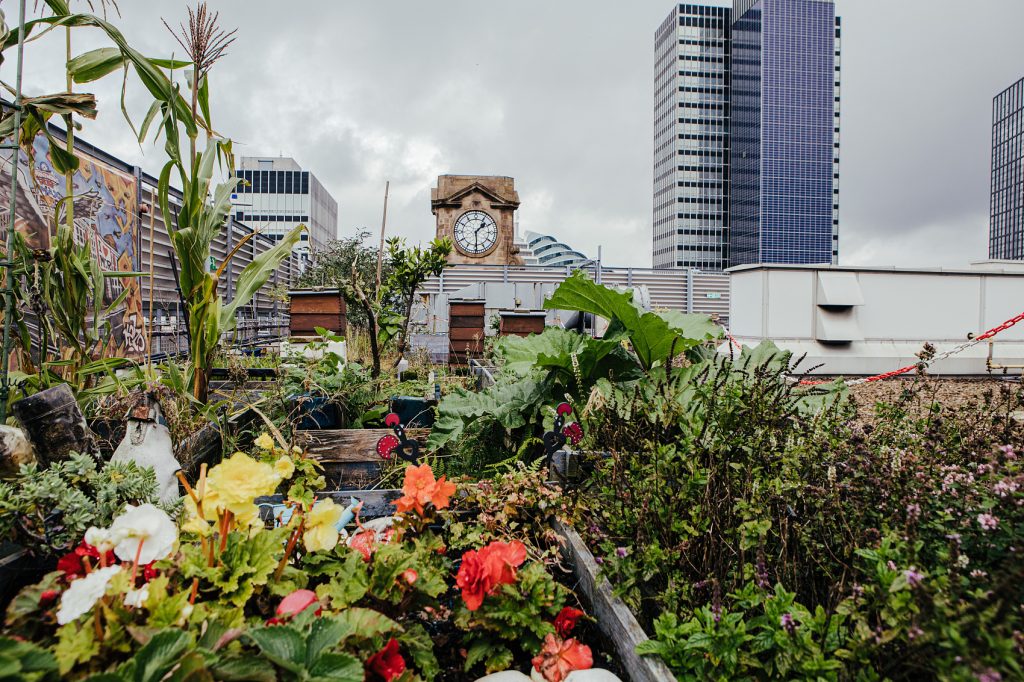
What makes rooftop gardens unique?
Rooftops face harsher conditions than gardens on the ground. It’s usually windier, hotter, and sunnier in summer. On the flip side, tall surrounding buildings may keep the garden in deep shade, which can be challenging for many plants. The light could also fluctuate quickly between full sun and shade, making plant selection tricky.
How to design a rooftop garden
Avoid using regular garden soil because it’s too heavy and doesn’t provide good water retention or drainage. Instead, go for a lightweight “soilless mix” that’s ideal for rooftop containers.
Since roofs tend to be windy, build some wooden or lattice screens on the windward side to prevent plants from leaning permanently. These screens can also offer some shade, especially in areas exposed to strong southern or western sunlight.
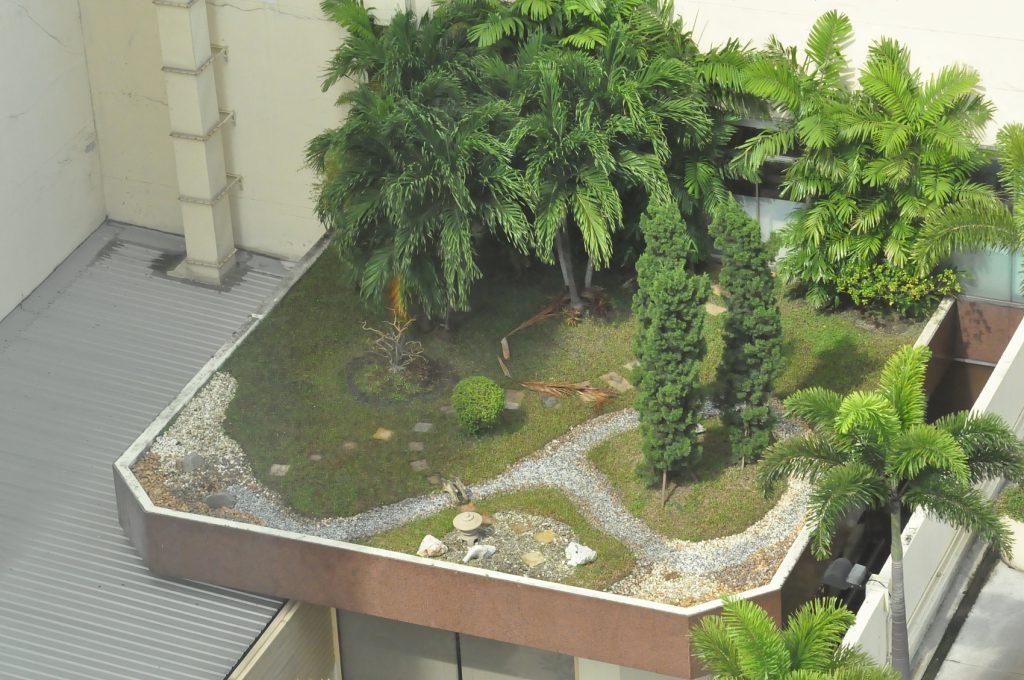
Key tips for rooftop gardening:
- Install drip irrigation: Container plants need more frequent watering than those in the ground. Sun, heat, and wind will make them dry out faster. Without an irrigation system, you’d likely need to water at least once a day, and twice during heat waves, which can be tough to keep up with. A drip system saves you time and keeps plants hydrated.
- Get approval: Before you start, make sure you get the green light from your landlord, building co-op, and local planning commission. They’ll likely require an engineer or architect to check the roof’s structure and ensure it can handle the added weight.
- Consider professional help: Once you have the go-ahead, think about hiring a garden designer who specializes in rooftop gardens, especially if you’re new to gardening. Their expertise can help you make the most of your space and avoid common pitfalls.
By planning carefully and getting the right support, you can turn your rooftop into a thriving garden that benefits both you and the environment.


